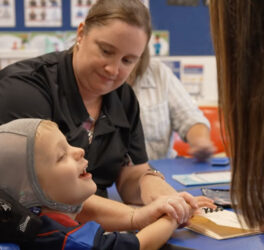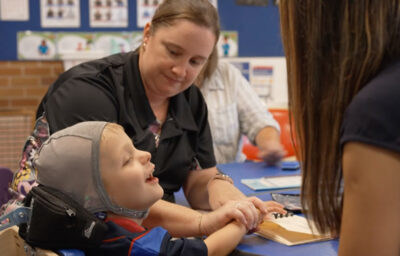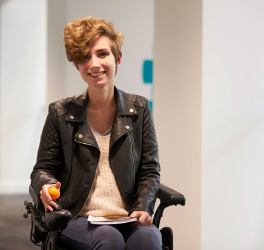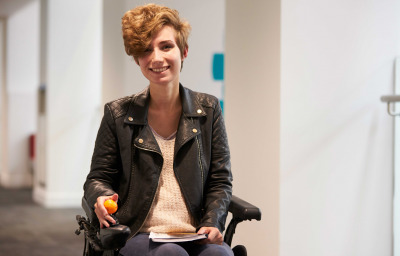
Students across Ontario are back to virtual learning, yet again, after schools were shut down by the Government of Ontario in an effort to stop the spread of COVID-19.
Claude Flint and his wife, from Pickering, Ontario, have 3 children, 2 of which have special needs, learning from home.
“It was an immediate impact on them when we told them they would not be going back to class,” Flint said.
“One of the kids is Autistic, he has Autism, he has oppositional defiance disorder, and another has ADHD as well as anxiety disorder, so those are amplified immensely when they’re taken out of their social structure and put in front of a screen for hours and hours on end,” he explained.
Both Flint and his spouse work from home and like many others, feel the stress of managing virtual learning alongside their full-time jobs.
“It has led to a lot of discord in the home. It’s led a lot of snippiness and fighting and poor sleeping habits,” he said.
Parminder Singh, CEO of HealthCare Plus and a mental health advocate, said he too is a parent trying to balance the needs of his children and his work.
“Getting overwhelmed would be very easy, but we just need to make sure we don’t burden ourselves, so constantly remind ourselves that we are doing the best that we can,” he said.
Singh encourages parents and students to take breaks from screen time and practice deep breathing techniques to calm the ever-present stressful and anxious feelings.
Working mother Gladys Fernandez has a 4-year-old son in junior kindergarten in Toronto.
She said, “One full hour that they have to sit in front of the computer, it’s impossible … my son refuses to sit in front of the computer and I don’t want to force him.”
Both she and her son are feeling stressed out. “It’s the stress for work, the stress for am I good mother? Am I a good dad? Because if I don’t do anything, then my son is going to miss out on something at school and am I going to lose my spot?”
Dr. Ian Dawe, Psychiatrist, Program Chief and Medical Director of Mental Health at Trillium Health Partners, said, “It’s just a tremendously difficult time right now” for all parents and students.
He added, “Parents should not assume they know how their kids are doing. Instead, families should be opening the lines of communication with their children and asking them how are you feeling?'”
“It’s about sharing the realities that we are all in this together…’ Here’s what’s going on, here’s what we’re feeling, but we are together as a family we are going to help support that’,” said Dawe.
Back in the Flint household, pressure is at the breaking point.
“It’s a pretty big strain on myself and my spouse,” said Flint.
He is fearful that he may no longer be able to keep his 3 children in virtual class “as their distaste for it grows daily.”
According to Dawe, sticking to a “positive healthy routine” is extremely important.
“Making sure that they’re going to be exercising and sleeping … that will just keep them and us as healthy as we can be,” he said.








